Kenyan middlemen killing research funds flow to researchers.
Professor Paul Kimani, a plant breeder and lecturer at the College of Agriculture and Veterinary Sciences at Kenya’s University of Nairobi, has extensively researched a variety of drought-tolerant beans in Kenya. Over the years, his research has been made possible by funds from overseas. Professor Kimani says the Kenyan government has tried funding research, but…
Read More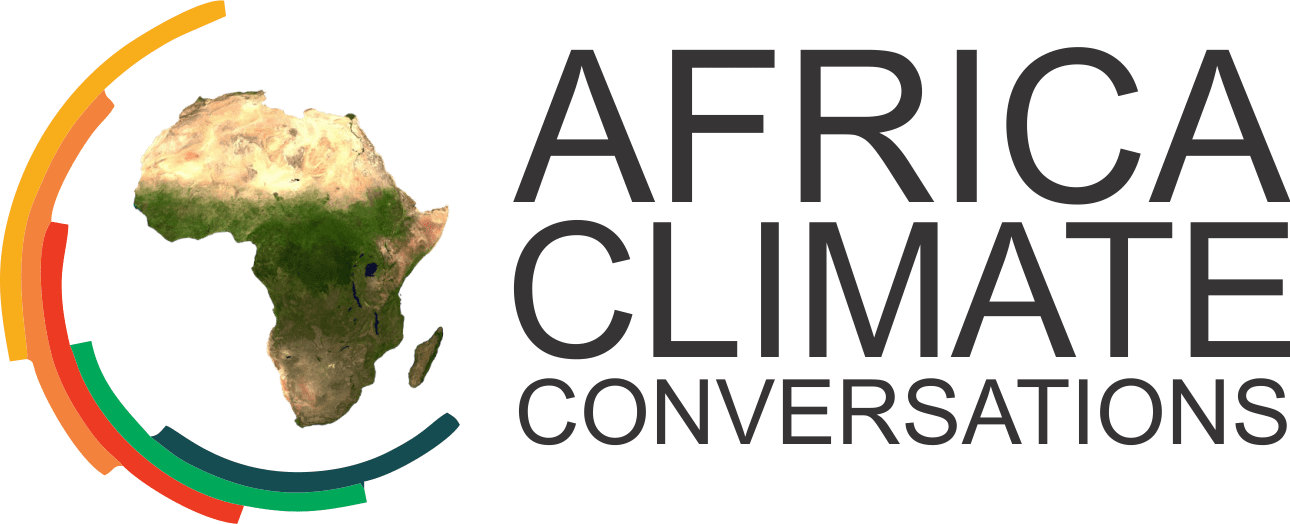
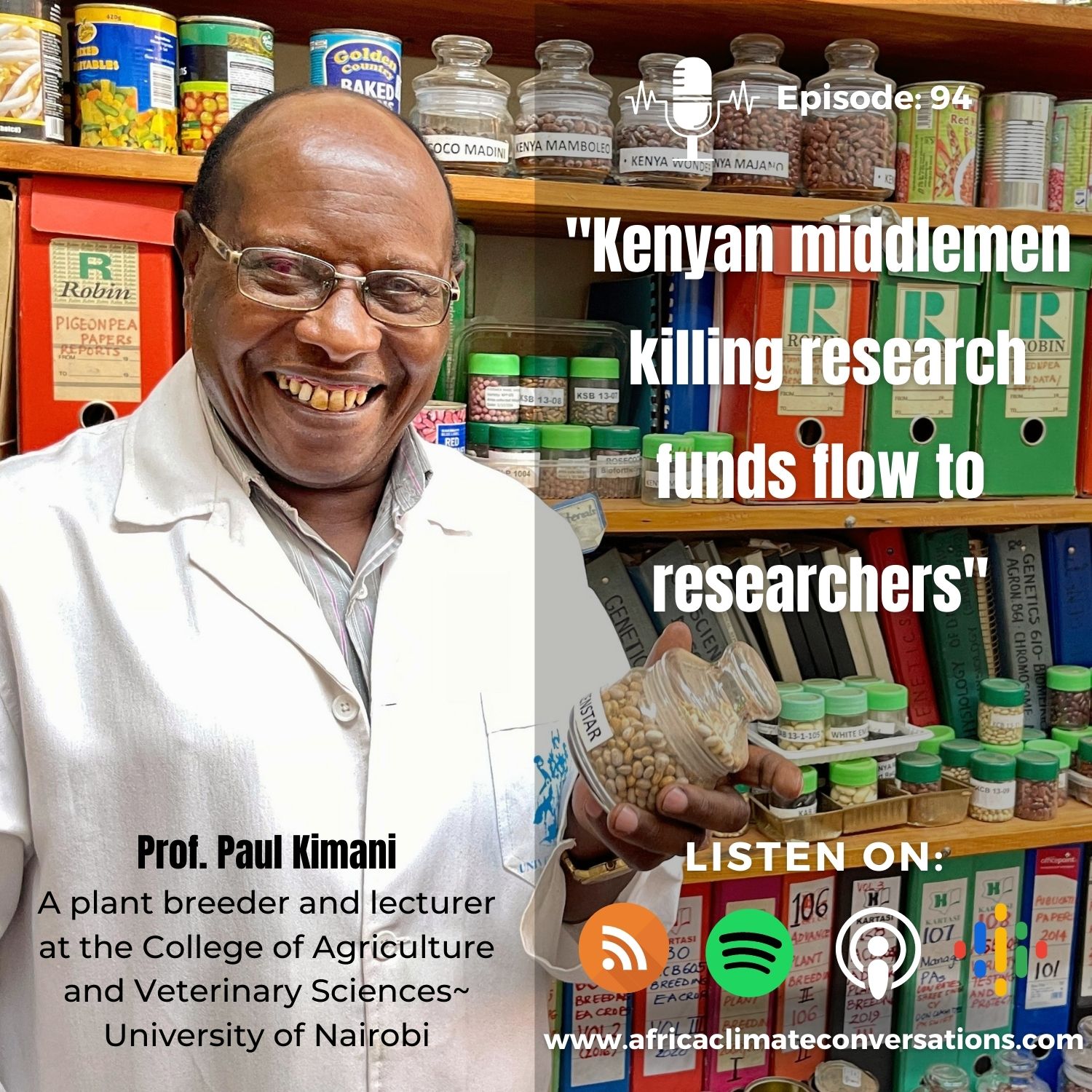

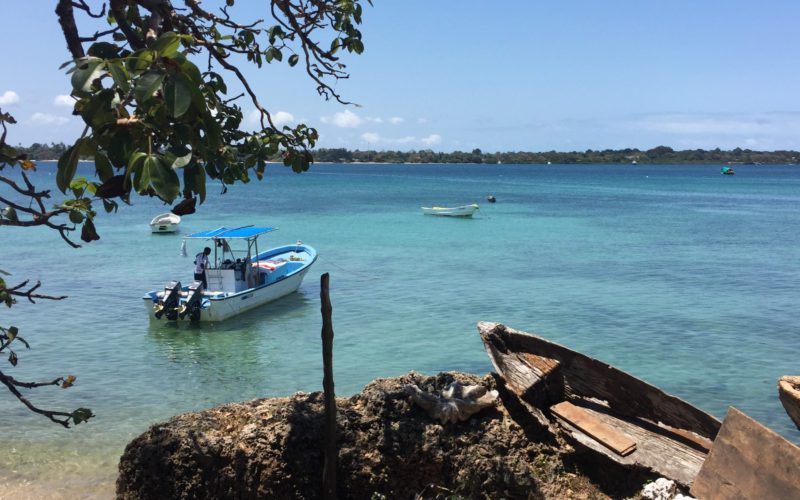

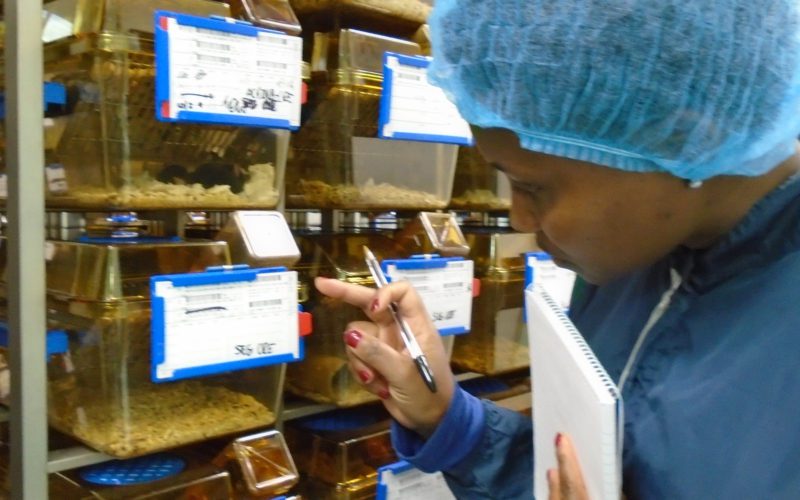

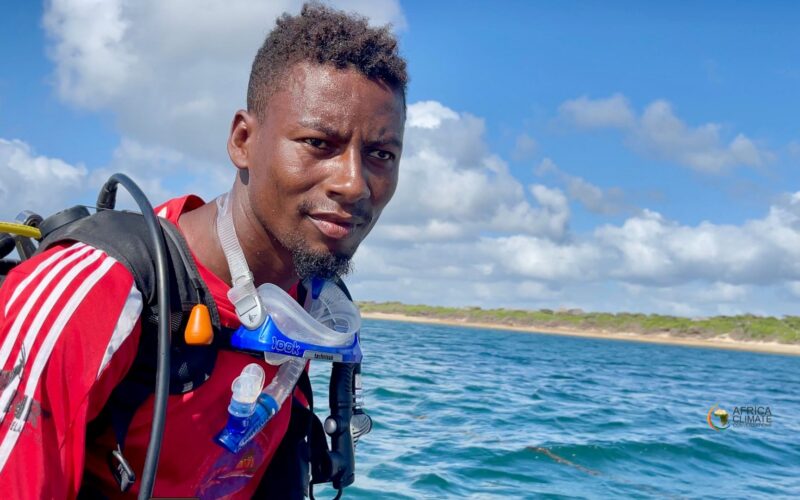
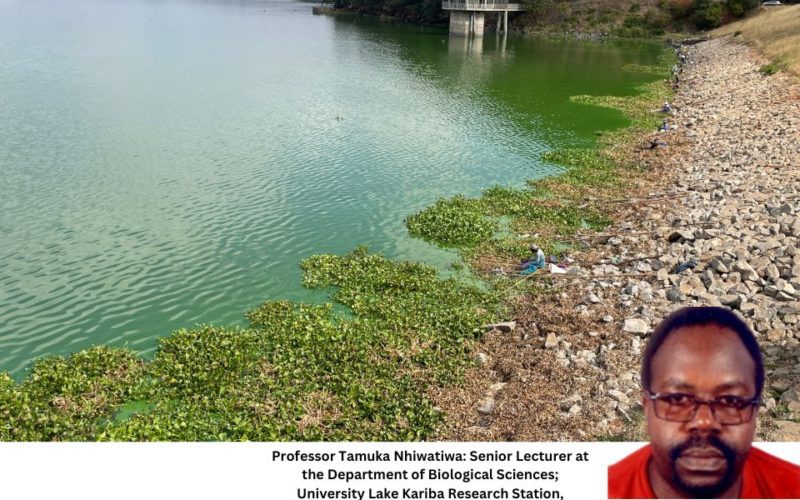
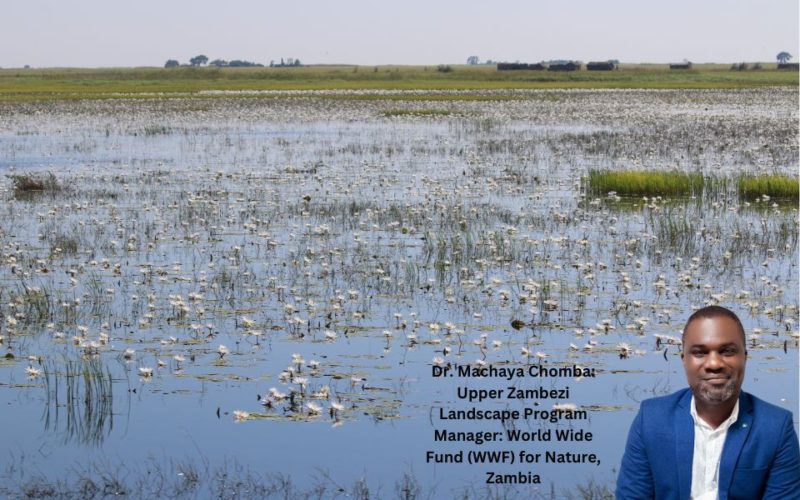
Recent Comments